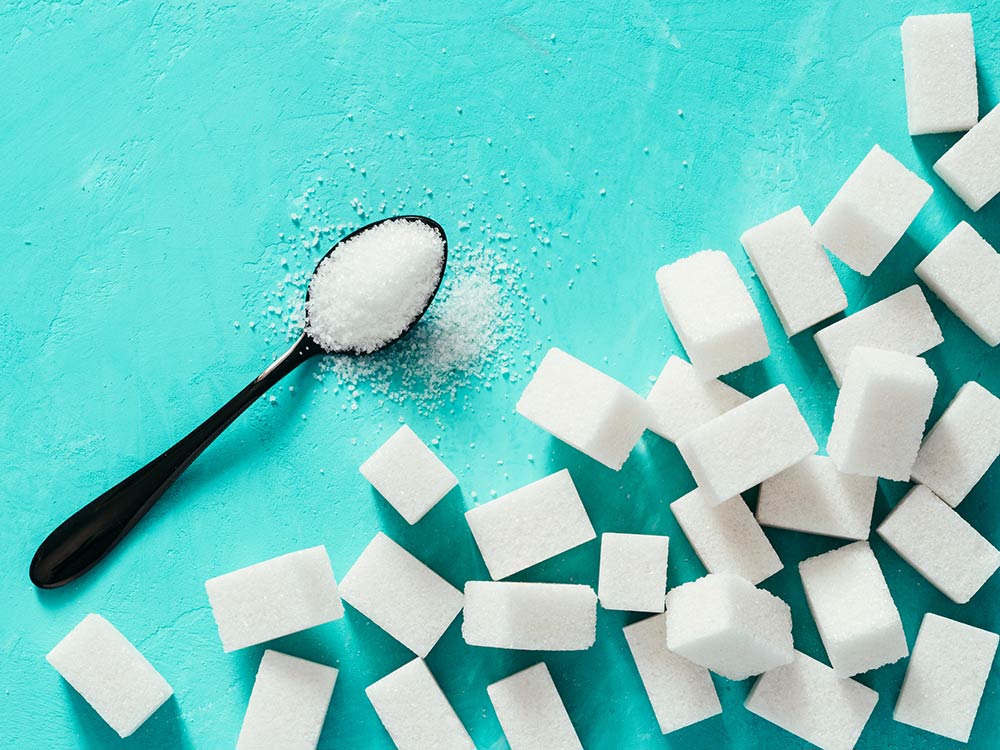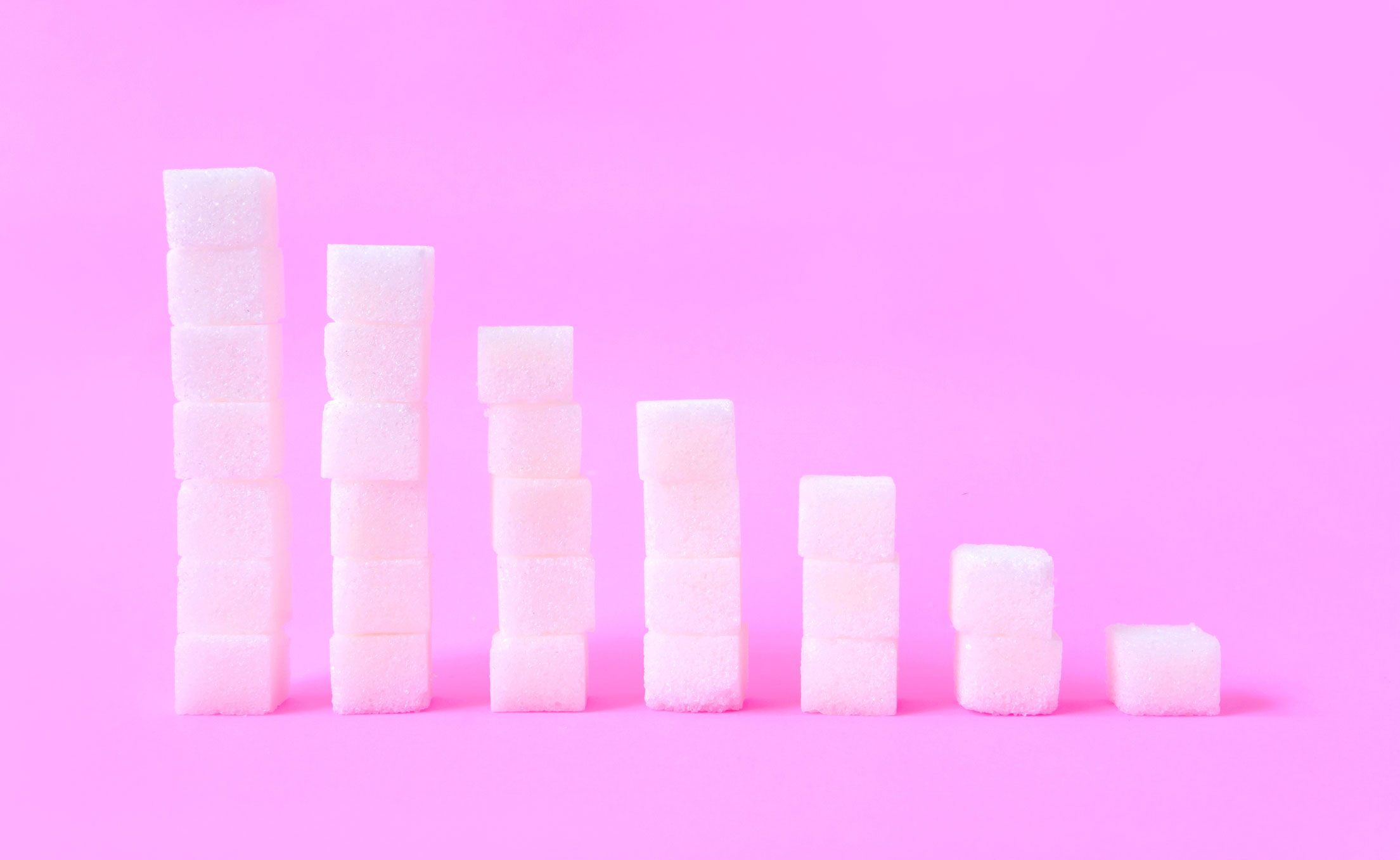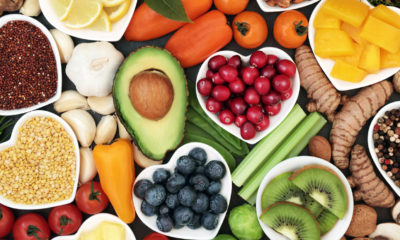Nutrition
Do You Know How Much Sugar Is In Your Food?
It’s no secret that prepackaged food isn’t full of the micronutrients your body needs. But, some weeks, you’ll find yourself without the time to meal prep and be left with no option but to head to the local store to pick up something to eat. So, you’ll try and find the products that declare they’re healthier.
One of the most popular health claims stuck on food and drink packaging is ‘no added sugar’ and while sugar is something we should all consume, in moderation; can we really trust the labels?
According to a study published in Applied Physiology, Nutrition and Metabolism, the answer is no. Researchers at the University of Toronto recently reported that although prepackaged food and beverages labeled with ‘no added sugar’ or ‘reduced in sugar’ can have lower sugar levels than products without sugar claims, they might not have notable reductions in calories. In fact, some of these products contain quantities of sugar that the World Health Organization considers in ‘excess’.

Are companies misleading us?
How can companies get away with this? Well, the problem falls within three strands: consumers’ perceptions, how regulations define ‘added sugar’ and the relative amount of free sugar in products.
In Canada, under the current Food and Drug Regulations, labeling on food products must ‘be accurate, truthful and not misleading’. However, fruit juice, a significant source of free sugar, is commonly considered a fruit ingredient rather than a sweetener. Free sugar, for those that were wondering, is sugar that is no longer in its naturally occurring state. For example, juice from an orange versus an orange in its whole-fruit form.
This means that while there may be ‘excess’ sugar in your berry yogurt, because most of the sugar comes from fruit juice, it can still carry a ‘no added sugar’ claim.
– READ MORE: Are You Addicted To Sugar? –
Lead author, Jodi Bernstein and her team evaluated over 3000 products including puddings, yogurts, cereals, fruit drinks, salad dressings and sweet condiments. Of those, 635 products were found to have at least one sugar claim and while products with sugar claims were healthier than similar products without claims, half of them still contained excess free sugar – eeeek!
Bernstein is advocating for change, particularly ‘stricter criteria’ when it comes to nutrient labeling guidelines. Her proposal? Sugar reduction or no added sugar claims should only be on products ‘with calorie reductions and without excessive free sugar content’.
For up-to-date health and fitness news, sign up to the TRAIN for HER newsletter today!






















